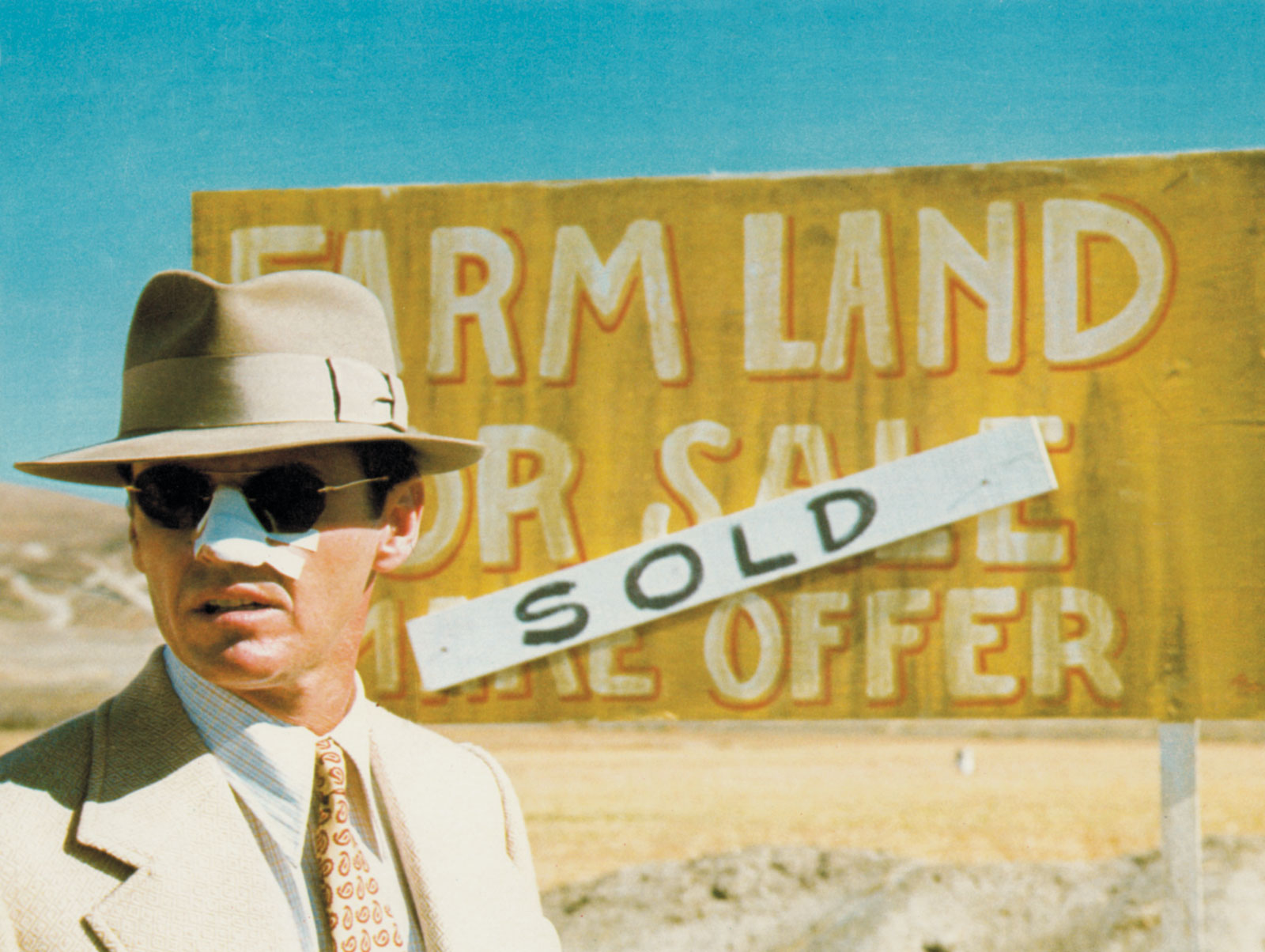Film
Roman Polanski: Master of Psychology

The life and work of the controversial and accomplished Polish director Roman Polanski continues to provoke debate. While his Oscar-winning The Pianist (2002) brought him a new generation of fans, his earlier work from the 1957 to 1980 deftly balanced mainstream popularity with genuine originality, mining a range of cinematic genres for their psychological potential.
19 January: Shorts 1957-62: Murder, Teeth Smile, Break Up the Dance, Two Men and a Wardrobe, The Lamp, When Angels Fall, The Fat and the Lean, and Mammals. Whimsical, startling, surreal and probing, Polanski's early short film works remain some of the most memorable in the post-war European cinematic canon.
16 January: Knife In the Water. Poland, 1962, Black and White, 94 minutes. Polanski's debut feature is a taut psychological thriller about a cynical couple and a callow hitch-hiker who share a sailing weekend. It is also a mesmerizing example of cinematic minimalism and narrative control.
2 February: Repulsion. Britain, 1965, Black and White, 105 minutes. Catherine Deneuve plays an alienated and repressed woman slowing descending into insanity. Polanski's first English-language film, made in the midst of the cultural phenomenon known as 'Swinging London', contains powerful and surreal images that still shock.
9 February: Cul-De-Sac. Britain, 1966, Black and White, 111 minutes. Donald Pleasance stars in this quizzical, dark comedy about two stranded gangsters who terrorize a couple on an island off the British coastline. Decidedly off-kilter and unpredictable Cul-De-Sac is a worthy follow-up to Repulsion.
16 February: The Fearless Vampire Killers or Pardon Me, But Your Teeth Are In My Neck. Britain, 1967, Colour, 107 minutes. One of the first films to effectively balance humour with horror, Fearless Vampire Killers also featured Polanki's wife (and Charles Manson's victim) Sharon Tate in a starring role.
23 February: Rosemary's Baby. USA,1968 Colour, 139 minutes. Ruth Gordon won an Oscar as Best Supporting Actress in this late '60s landmark of restrained alienation and the supernatural. Mia Farrow and John Cassevetes also star in this, Polanski's first American Studio production.
23 March: Chinatown. USA, 1974, Colour, 131 minutes. Flinty and finely crafted,Chinatown revived and re-defined the film noir movement. With stellar performances from Jack Nicholsonand Faye Dunaway, it unravels conspiracies swirling around Los Angeles' crucial water rights during the bone-dry years of the depression.
23 March: Macbeth. Britain, 1976, Colour, 140 minutes. One of the great cinematic adaptations of Shakespeare, Polanski's Macbeth is gripping, bloody and startlingly violent; it stands as the definite film treatment of the Bard's brisk tragedy of ambition, betrayal and despair.
30 March: The Tenant. France/USA, 1976, Colour, 125 minutes. Polanksi himself stars in this haunting thriller about a meek clerk who rents an apartment in Paris where the previous occupant committed suicide. Part Beckett and part Kafka, The Tenant reprises themes of alienation first explored in Repulsion.
6 April: Tess. Britain, 1980, Colour, 170 minutes. Thomas Hardy's tragic heroine is beautifully portrayed in this cinematically lush but bleak epic set in the wilds of England's Dorset county. Nastassia Kinski and a young Peter Firth star in Polanski's longest and arguably most substantial film, which won three Oscars.




